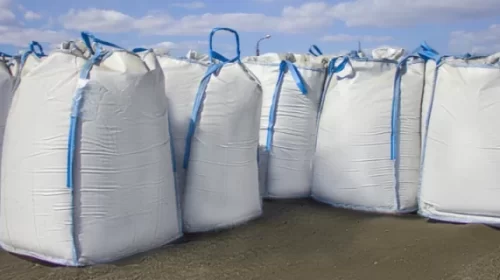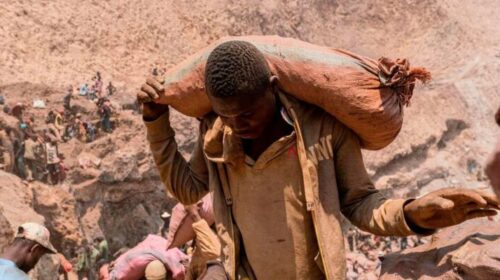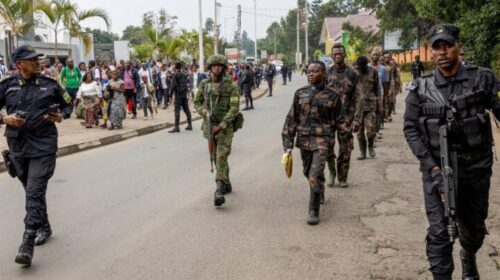DRC mining poised for new era of compliance- SRK
Improving global economic conditions – alongside growing sustainability demands – are set to inject a revived energy and much lively discussion into this year’s DRC Mining Week.
According to SRK Consulting DRC country manager Susa Maleba, the mining landscape in the Democratic Republic of Congo (DRC) is buoyant, stimulating both exploration and mine expansions. At the same time, there is growing pressure on mining companies in the country to align operations with local regulations and global customer expectations.
“The international scramble for battery minerals is providing exciting opportunities for economic development in the DRC, as mining can help build secondary and tertiary sectors,” said Maleba. “It is important for this development to be sustainable, however, and the country’s mining framework is becoming more formalised to achieve this.”
He noted that the changes in the DRC’s Mining Code were beginning to deliver positive results, in terms of its focus on environmental and social impacts, and regulations to develop local service providers to the sector. With SRK’s Lubumbashi office set up over a decade ago, and now majority-owned by Congolese professionals, it was well experienced in the local industry and fully compliant with the latest legal requirements, he said.
Another topical issue in the DRC recently has been the accuracy of resource and reserve estimations presented by companies to government. After a period of adjustment, mining companies were aligning themselves to the range of changing requirements.
“Players active in the DRC are also coming to terms with global expectations relating to environmental, social and governance (ESG) factors that underpin their mineral production,” he said. “End-customers for battery minerals – such as vehicle manufacturers – are increasingly sensitive to public opinion and industry best practice on ESG matters.”
This was putting the whole supply chain of various industries under the spotlight, with miners looking to ensure compliance with ESG benchmarks. Jordaan said these issues were likely to be among the key topics highlighted at the event.
As an exhibitor at DRC Mining Week, SRK Consulting DRC was looking forward to broadening its network among local mining firms and stakeholders. Led by Maleba and the company’s chairman, Dominique Sambwa, the SRK team was also planning to have colleagues from SRK offices in China and South Africa at the event.
“In an exciting strategic initiative, SRK Consulting DRC has been working closely with our SRK colleagues in China and South Africa, to strengthen our offering to clients here,” he said.
According to Pengfei Xiao, principal consultant and managing director of SRK China, his office will be helping develop links with clients in the DRC. An experienced resource geologist from the China office, Li Frank Feng, will focus on building relationships with Chinese mining companies working in the DRC, said Pengfei.
“With growing interest from China in this region of Africa, we are committing resources to build these relationships,” he said. “DRC Mining Week will give us a valuable opportunity to understand more about the mining environment in the DRC, and to meet important players in this market.”
Providing SRK Consulting DRC with a strong link to SRK in South Africa, partner and principal environmental scientist Wouter Jordaan is also a director of the DRC office. Jordaan noted that delegates to the DRC Mining Week were also likely to discuss the importance of technological advances in the sector, and how these could improve mines’ efficiencies and sustainability indices.
“As old mineral processing plants are being replaced or upgraded, there is scope to include equipment which consumes less energy – thus reducing carbon emissions,” he said. “Solutions for cleaner energy supply, and better reliability, are also being considered; as their usage grows, the country will see more specialists in these fields setting up operations locally.”
Water quality was a continuing focus, as environmental laws were becoming tighter and were being more stringently enforced. Mines were making better use of water resources by re-using more and discharging less – as well as closely managing their environmental impacts.
![]()





